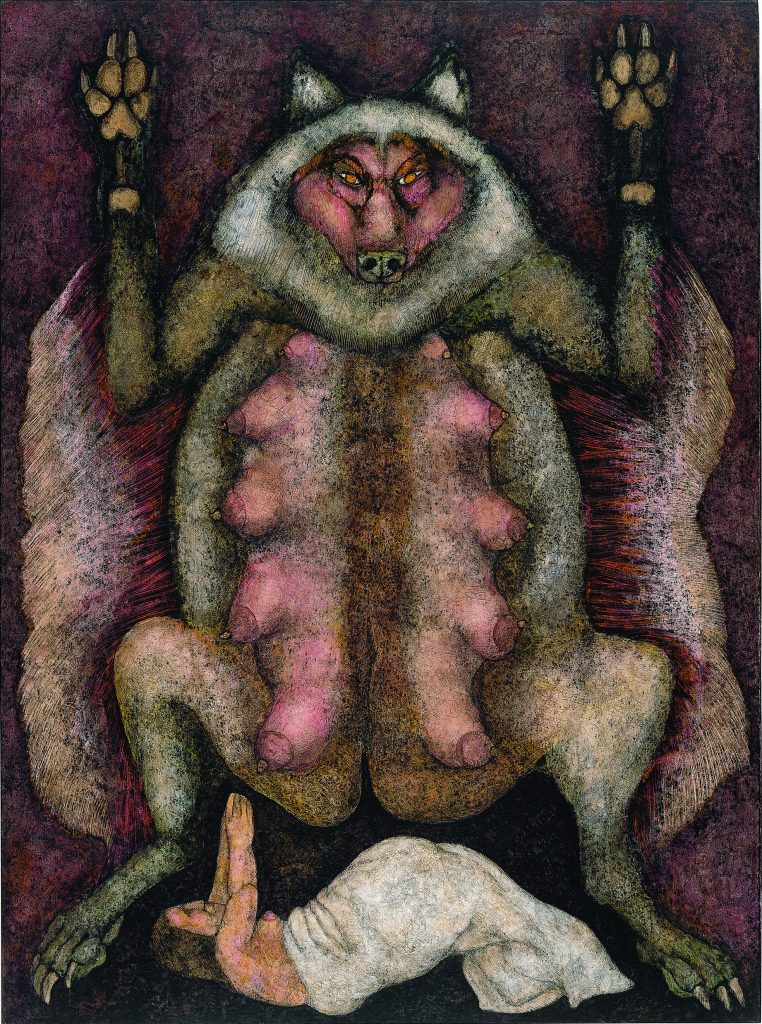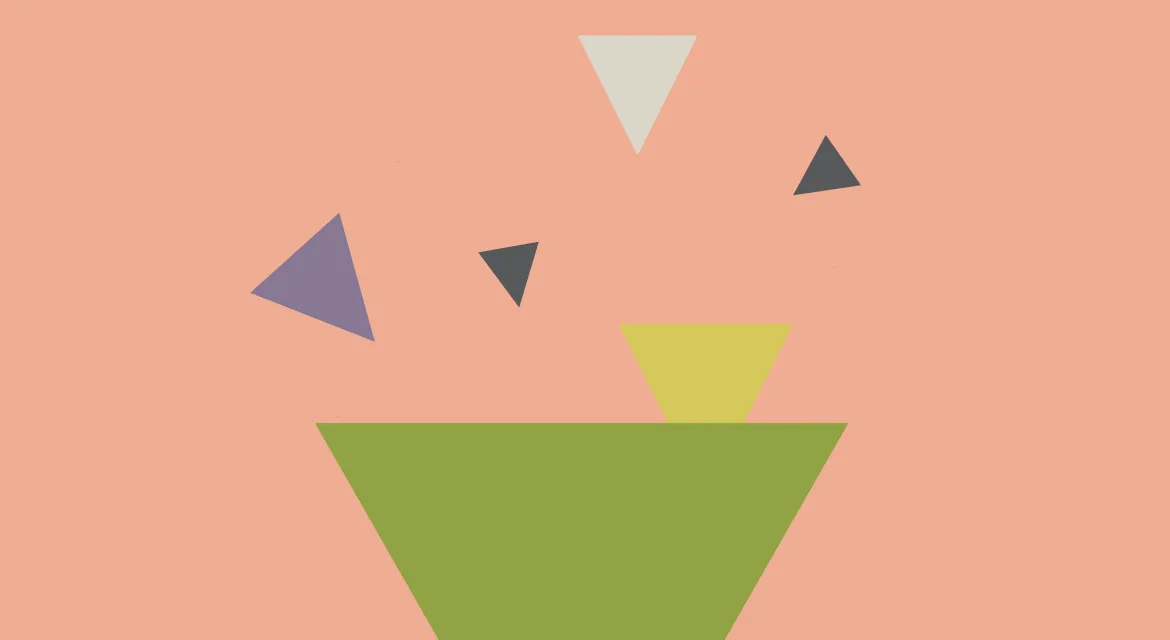The Digital Repository of Ireland (DRI) is delighted to announce that a new collection – Animal Woman Journey(s) – has been published in the Repository through University College Cork.
The Animal Woman Journey(s) project is part of the PhD project by Roksana Niewadzisz entitled, “Animal Woman Journey(s): posthuman embodiment of zoomorphic folk tales,” which is based in the Department of Theatre and the Department of Spanish, Portuguese and Latin American Studies, University College Cork.
About the project:
“Diverse folktales passed down across the generations in different languages tell of Seal Women, Selkies, Mermaids, Dove Girls, She-Wolves, Buffalo Women, Swan Women: all zoomorphic or semi-zoomorphic beings able to remove their animal coats or skins and take on human shape.
These are liminal creatures capable of transformation, they embrace the wild and the civilized, animal and human, aquatic, aerial and terrestrial, natural and supernatural, archetypal and individual. They have the ability to move between worlds.”
These tales offer rich territory for performative exploration of the normalized processes of oppression underpinning both human exceptionalism and the environmental crises associated with the Anthropocene, as well as compelling alternative formulations of our relational co-existence with non-human others and “othered” humans.

All rights reserved.
About the project
Niewadzisz’s PhD aims to re-imagine these folks tales, in and through processes of carefully researched and documented performance practice – not as warnings to instruct women to behave, but as sites of remembrance, mourning and even liberatory enactment of other ways of being. Adopting a broadly eco-critical perspective sensitive to place, resilience and relatedness, this thesis attends to post-human-animality through a process of literal and figurative interrogation of skin and language, translating these stories of Animal-Woman transformations, as markers of otherness and vehicles of transformation.
The project involves both careful attention to the ethno-linguistic, socio-cultural and environmental specificity of these tales, along with deployment of performative research modes capable of weaving an alternative post-humanistic discourse into embodied practice.
The ‘She-Wolf’
The She-Wolf folk tale (Wratislaw, 1890) tells the story of a liminal creature, able to remove her wolf-skin and take on human shape. She has the power and potential to move freely between worlds and beyond borders. One day, however, she’s deprived of her skin by a soldier, loses her integrity and ability to transform and thus is doomed to incompleteness, foreignness, otherness and longing, trapped somewhere between the subject and object, her body and the image, “the I” and “the Other”. In what ways can a performer re-engage with their own skin and re-imagine other skins – those of the marginalized, the dispossessed, the pushed-back? What kinds of effects can such exposure(s) produce on performers, viewers, and our collective capacity to imagine alternative ways of being that resist the normalization of crisis? Who is the She-Wolf? Who the soldier? What and where is the skin she’s been deprived of?
She-Wolf Performance & Installation: curated video-documentation
All thirteen videos from the Animal Woman Journey(s) collection can now be viewed in full in the Repository.
DRI are delighted to include this valuable collection in the Repository. Other similar collections in the Repository include: the folklore.ie collection and the Life Histories and Social Change collections. You can keep up to date with all of our collections by signing up to our newsletter.






